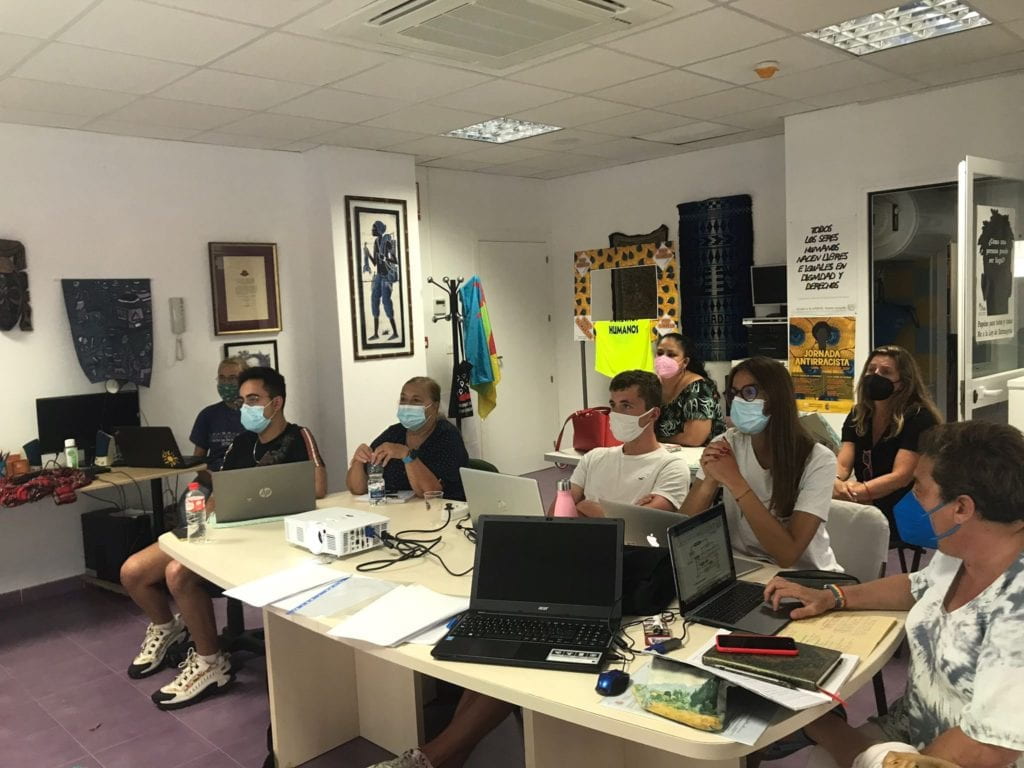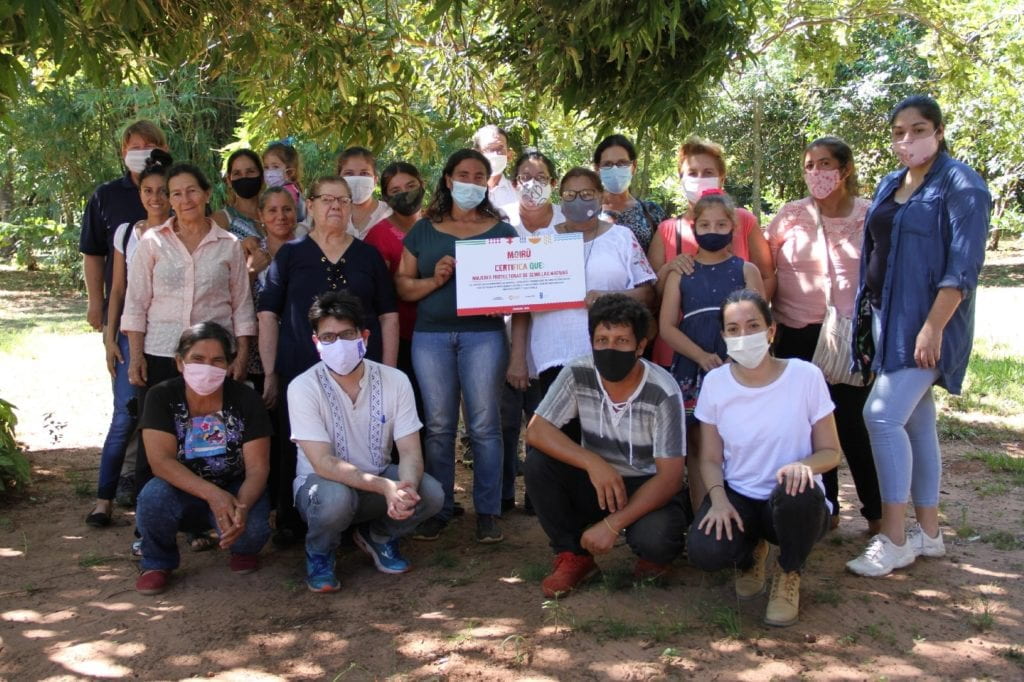Madeline Cohodes /
Bellevue Hospital Program for Survivors of Torture /
New York, USA /
It has officially been one year since I began interning at Bellevue PSOT. Throughout this time, I have worked on a variety of operations projects, many of which have been focused on assisting our client base during the COVID-19 pandemic. Coincidentally, as my fellowship began this summer, PSOT was also placed in a new position as our executive director, Dr. Hawthorne Smith, was elected president of the National Consortium of Torture Treatment Providers. This allowed us to work on national-level research projects along with policy and advocacy efforts.
So far, the topic that has interested me the most is the confluence of research and policy/advocacy. In order to effectively promote policy to legislators and community leaders, data on the subject is typically required. Therefore, it takes plenty of conversations to decide what needs to researched and how that can be repurposed as a policy tool. For instance, a current priority is expanding the U.S. government’s definition of torture to include survivors of sexual and gender-based violence, those who suffer torture related to LGBTQI identities, and those who experienced gang-related torture.
Compiling data on the number of of our clients who fit these categories is the first step in the arduous process of convincing the U.S. government to change its policy. However, with this fairly simple structure of obtaining data and using it for advocacy, the individual needs of survivors can be overlooked. Often mentioned is how to transfer information into the hands of survivors so it may be used not only for national platforms but also in local communities.
While change on the federal level can sound more important and impactful when working in large human rights organizations, it seems prudent to think about how the microcosm of each NCTTP clinic can also benefit from this research. For example, having a clear demographic summary of a clinic population could assist directors in reaching out to marginalized groups in their local community that may not be accessing services. Or, it could provide them with the incentive to strengthen ties with community groups of their most-served populations in order to reach anyone that may be hesitant about joining or just unaware of the program. Either way, having a vast array of readily available information can have a variety of benefits.
Research and data collection aren’t typically buzzwords in the human rights field. Yet, my year so far at PSOT has shown me that when used correctly, there are infinite ways to improve not only the program’s operations but also assist individual clients. Whether that’s working on a macro or a micro scale, the intersection of research and policy/advocacy has become a surprisingly critical facet of my daily work at the Program. And as for national-level outreach, we can only keep trying with the confidence that our voices (and data) will be heard.





